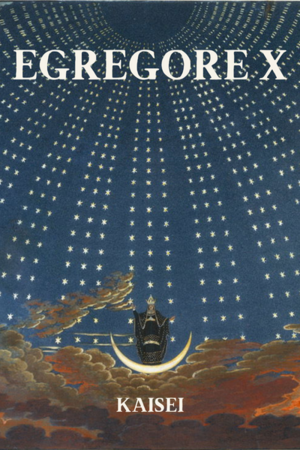Chapter 68:
Princess Index
Isekai Sax: The Jazz Princess' Heart in Harmony – A Gender-Swapping Fantasy of Magic and Music
<Lala>
Since I had come all the way to SVN, I decided to read through a document I found on the true nature of the Princess Test, alongside the material on Karma Points.
According to the research report, one day in this magical world, an experiment was conducted on 200 subjects. They were shown a series of dream-like slides for both men and women, while their brain's hormonal activity was measured. After the measurement, their memories of the dreams were erased. Using the hormones most strongly correlated with the reactions to certain slides, researchers applied neural networks to derive a mathematical formula. The result: the probability that men fall within the range of 10–35 and women within 65–90 exceeded 95%.
They also performed Hartigan’s Dip Test, and statistically confirmed that the distribution had a significant bimodal pattern.
As a statistical foundation, the results are solid. It would be incorrect to say they completely lack scientific basis. However, claiming that this number alone represents one’s gender identity involves a certain logical leap.
For example, while men generally tend to be taller than women, no one would claim that a very tall woman should be classified as male just because she exceeds the male average height. That would be clearly unreasonable to anyone with common sense.
And yet, I have a feeling that this number will eventually become an established metric for evaluating people.
In the 1950s in Japan, a junior high school teacher invented the concept of the academic deviation score. Because of that invention, schools came to be ranked not by the quality of education but by the difficulty of entrance, and a brand of academic prestige emerged—one that did not necessarily reflect reality. While adults at the time criticized the score, and in the 1970s, the public decried the entrance exam wars, eventually, those very examinees grew into adulthood and old age, and came to believe that the deviation score was an age-old, respected measure of a school's dignity.
The Princess Test may have its skeptics like me for now, but over time, it could grow into an untouchable authority, affecting education, employment, or even what bathrooms one is allowed to use. Perhaps we are the witnesses to this transitional era.
Right now, I'm too preoccupied with Karma Points—but one day, this may become a battle I will have to fight.




Please sign in to leave a comment.